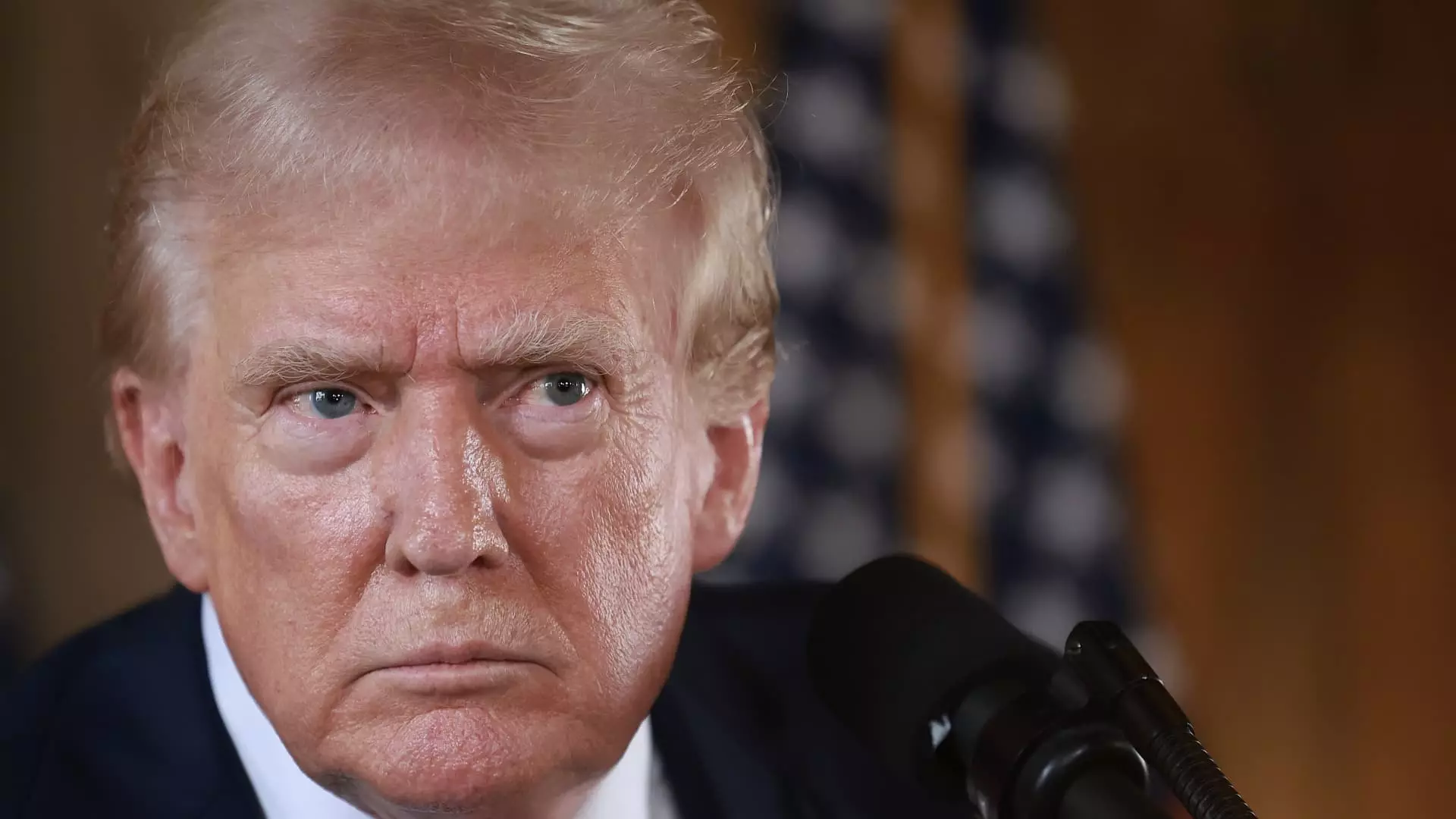The integrity of democratic processes is paramount, especially in the context of elections. As the 2024 presidential election approaches, concerns surrounding cybersecurity have heightened. Recent developments surrounding the Trump campaign have underscored the vulnerabilities that exist within political campaigns today, particularly regarding foreign interference. The acknowledgment of a breach by the Trump campaign has drawn significant attention, revealing a complex web of international threats and the consequences that ensue from such incidents.
On a notable recent Saturday, the Trump campaign disclosed that its security system had been compromised by foreign hackers, compromising internal communications and potentially sensitive information. As reported by Politico, this revelation was triggered when the outlet began receiving leaked documents from an anonymous source claiming to possess critical campaign information. The gravity of such an allegation cannot be understated; the breach hints not just at espionage, but at a deliberate attempt to disrupt the democratic process as election day nears.
The campaign spokesperson, Steven Cheung, vehemently criticized the breach, characterizing it as an act of hostility aimed at undermining the upcoming election. However, while the campaign insinuated Iranian involvement, concrete evidence was scarce. This lack of transparency raises questions about both the reliability of the campaign’s assertions and the implications of political rhetoric framed by concerns over national security.
Part of the campaign’s narrative suggested that Iranian cyber operatives were responsible for the intrusion. This assertion was partly supported by a Microsoft report indicating increased efforts from Iranian hackers to influence electoral outcomes, evidenced through phishing attempts targeted at high-ranking officials. Nonetheless, the absence of direct proof linking these activities specifically to the Trump campaign leads to broader considerations about the implications such narratives have on public perception and international relations.
The backdrop of a potential Iranian plot to assassinate Trump adds layers of complexity to the narrative. While the details remain speculative, the mention of such serious threats juxtaposed with cyber interference accentuates the precarious nature of contemporary political landscapes. It instigates a dialogue about the susceptibility of prominent figures to foreign tactics, where physical security and cybersecurity practices must converge.
The leaked documents, notably a detailed dossier on Trump’s vice-presidential pick, Ohio Sen. JD Vance, and other sensitive materials, raise essential questions about the right to privacy in political campaigns. While the information was seemingly tailored to create disruption, it also reflects the delicate balance between press freedom and potential fallout from unauthorized disclosures. The anonymity of the source, identified solely as “Robert,” further complicates the narrative, emphasizing the risks associated with information leaks in politically charged environments.
In a bizarre twist during their interaction, when Politico pressed the anonymous source for specifics on how the documents were acquired, they were met with an assertion to refrain from probing deeper. This exchange underscores the shadowy atmosphere that often permeates political intrigue and cyber warfare, where those involved navigate precarious legal and ethical landscapes while grappling with the implications of their actions on national security.
The Trump campaign’s hacking incident is symptomatic of a broader reality where foreign powers actively shape election narratives and outcomes. Federal Bureau of Investigation (FBI) warnings about cybersecurity threats continue to resonate, and the insights shared by Jen Easterly from the Cybersecurity and Infrastructure Security Agency highlight the inevitability of foreign attempts to meddle in U.S. elections. The increasing sophistication of cyber threats makes it imperative that political campaigns prioritize robust cybersecurity strategies to protect sensitive information from hostile entities.
As technology continues to evolve, the implications of such breaches extend beyond individual campaigns; they challenge the very fabric of democracy. Ensuring electoral integrity requires not only a comprehensive approach to cybersecurity but also a national dialogue regarding the responsibilities of campaign entities versus information custodians.
The contrasting landscape between political maneuvering, cybersecurity threats, and foreign interventions paints a daunting picture for the future of American democracy. The breach within the Trump campaign is not merely a logistical failure; it serves as a stark reminder of the ever-present risks that accompany the intersection of technology and politics. As elections draw closer, stakeholders must rally to bolster defenses, and citizens must remain vigilant about the information they consume, recognizing the power dynamics at play in an increasingly complicated electoral process.


Leave a Reply